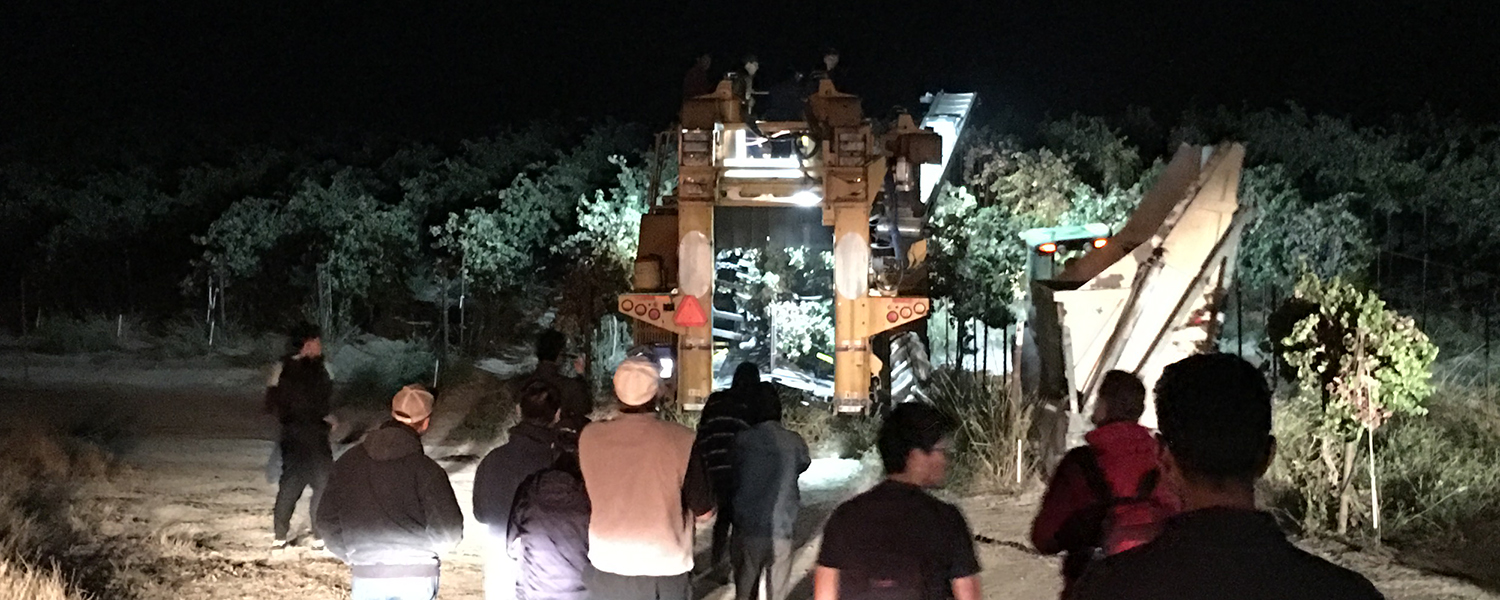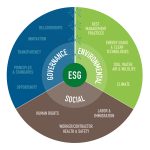Writing by Jeff Hillberg, VP of Operations, and Cody Dahl, VP of Acquisitions and Strategy
AgIS Capital’s approach to ESG engagement at the asset management level focuses on using best management practices to achieve both sustainability and investment objectives. These approaches are designed to reduce operating expenses, promote natural solutions to certain operating challenges and lessen the impact of our ground‐level management activities on the farms we operate for our clients.
Here are a few examples:
Pest and Rodent Management

Unchecked insect and rodent activity can undermine the value of a farm asset and complicate its management. AgIS employs a variety of strategies for addressing such problems, but the core of our approach in many cases is a concept called “integrated pest management,” which entails the use of non‐pesticide methods.
On our clients’ vineyard, tree nut and tree fruit assets, instead of using toxic rodentcides, we place owl boxes and hawk stands to attract raptors and owls, which in turn help control rodent populations.
On our clients’ tree nut assets, instead of using insecticides, we distribute natural pheromones (scent chemicals that act like hormones — impacting the behaviors of receiving insects) across the landscape to slow and disrupt the mating processes of certain insects, like the navel orange worm, which can have a damaging influence on the productivity of almond and pistachio trees.
Renewable Energy

Increasing the energy efficiency of our farm operations is a key objective for AgIS. One way we do this, especially in California, is by installing solar arrays on our water and processing assets. This not only provides a reliable source of clean and renewable power, it also considerably reduces clients’ operating costs. On one vineyard investment we oversee, we have approximately 0.5 MW of solar power capacity in place, which offsets our electricity usage by about 70 percent.
Community Engagement and Research

AgIS focuses on building relationships with key community stakeholders. We also support the research efforts of educational institutions that are studying issues of agricultural management and production as well as wildlife impacts.
One of our most prominent partnerships is with researchers from the University of California‐Davis, who are accessing and utilizing lands AgIS manages for clients to study the adverse effects of secondary exposure to rodenticides by various bird species, and specifically raptors.
We also host ecology days on clients’ properties where we invite local school districts to visit and tour our farm operations to learn about everything from soil management and commodity production to water ecology and wildlife management.
Finally, we make a real effort to patronize local product and service providers to support our farm operations, which provides jobs and opportunities for people who live and work in the mostly rural communities where we operate.
These are just some of the ways AgIS approach to ESG engagement play out in the field. Learn more about AgIS Capital’s ESG engagement on our Responsibility page.




